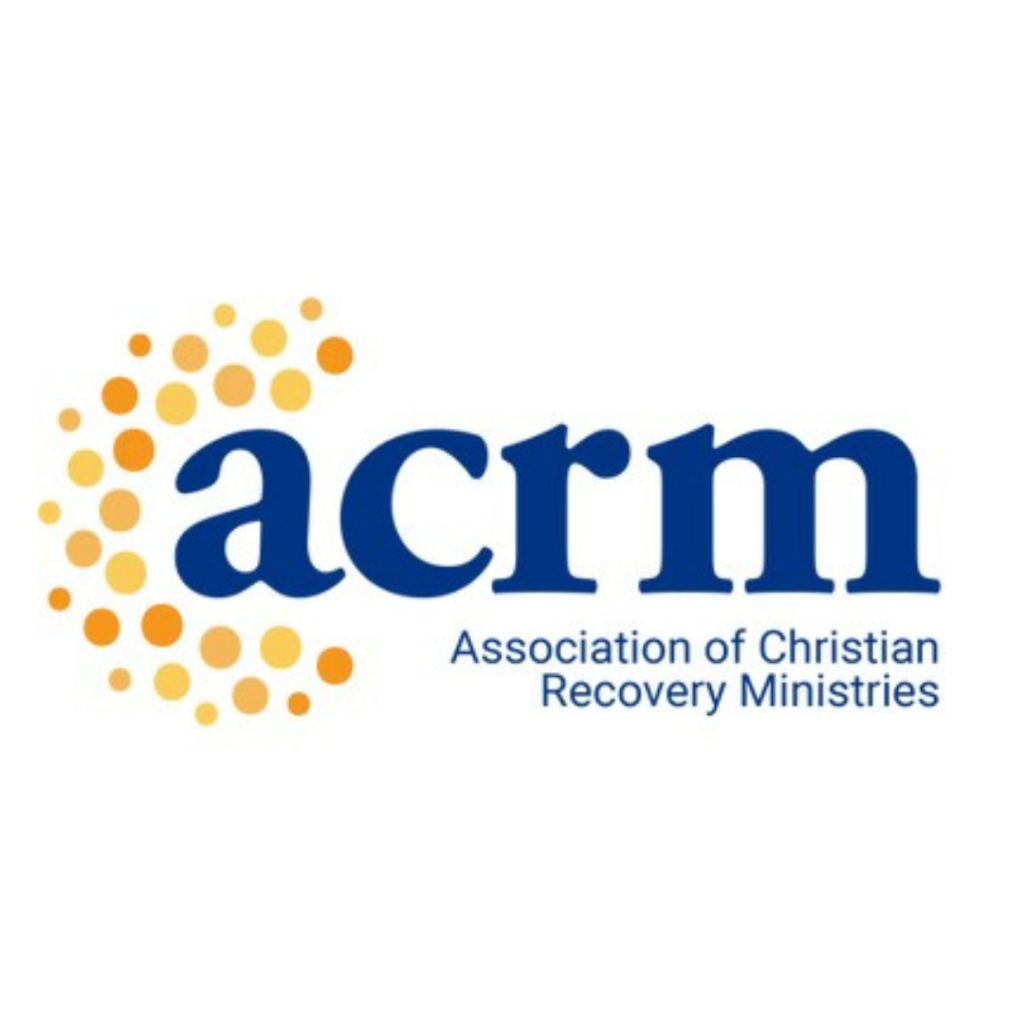Every day in America, 130 people die from an opioid overdose. Despite recent attention from lawmakers on Capitol Hill, we find ourselves still in the midst of a public health epidemic that requires urgent action.
Perhaps it’s time that we try a different approach. To date, most of the attention from lawmakers on Capitol Hill has focused on addiction support and recovery services, education and awareness, overdose treatment protocols and other downstream efforts to help those Americans who are already misusing opioids.
The Administration has demonstrated a significant amount of attention to addressing the nation’s opioid addiction epidemic, including by preventing opioid addiction at all turns. In fact, the President has pledged to reduce opioid prescriptions by 33 percent by 2021, which would remove billions of unused opioid pills from our communities every year.
Preventing opioid addiction in the United States is a laudable goal, but one that will require system-wide changes, including for providers, patients, families, and caregivers. This is a needed void in our current approach to addressing the opioid epidemic in the United States.
One way to prevent opioid addiction and, in the process, rid our communities of unused opioid pills would be by minimizing unnecessary patient exposure to these pills – including before, during, and after surgical procedures. There are multiple benefits of more fulsome utilization of non-opioid therapies to treating pain – non opioid approaches are demonstrated to be more effective as patients often report lower pain scores, they allow patients to go home more quickly following a surgery, and can reduce postsurgical opioid consumption by as much as 90 percent after surgery.
Unfortunately, these approaches are often far out of the reach of patients and providers alike due to payment and reimbursement policies that do little to incentivize their utilization. We must address and change these policies so that more patients can reap the benefits of these approaches.
Fortunately, some leaders on Capitol Hill have gotten the message. Thanks to the advocacy of national leaders like Lisa and Bill Bright, yesterday, U.S. Representatives Terri Sewell (D-AL), along with David McKinley (R-WV) introduced bipartisan legislation designed to address rates of opioid addiction in the United States through more fulsome utilization of non-opioid pain management strategies for acute pain patients. This legislation would revise and update reimbursement policies to make non-opioid therapies more available to millions of surgical patients every year.
This is a much needed straight-forward approach that would offer multiple benefits. First, the policy would align with the Administration’s stated priority to make non-opioid approaches to pain management available as a “first line therapy”. Next, and importantly, it would improve pain care in our country and provide appropriate incentives for providers to give patients choices in how they manage their pain. Finally, the legislation, if enacted, would have a meaningful impact on reducing rates of opioid addiction in the United States.
This is an important endeavor and we hope that you will get involved. To learn more, visit our website at www.nonopioidchoices.org. Please join us in this fight!








